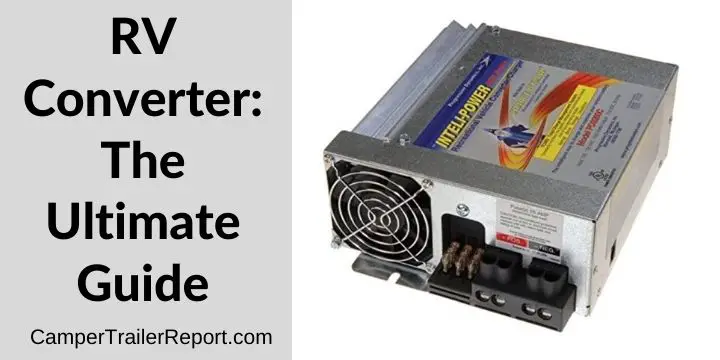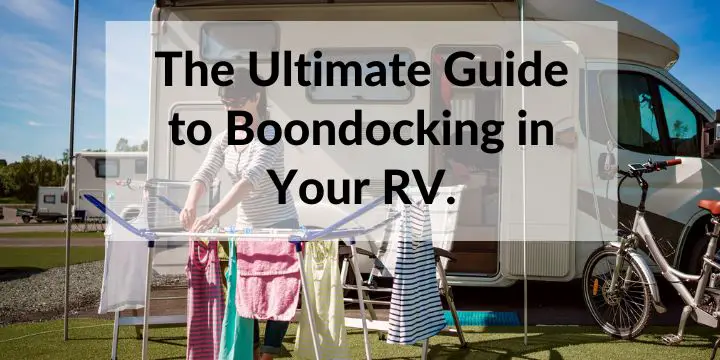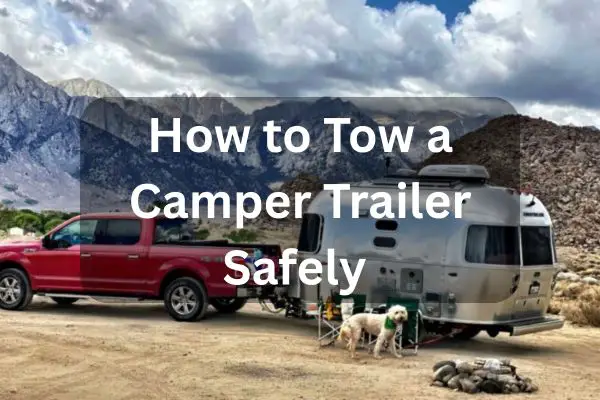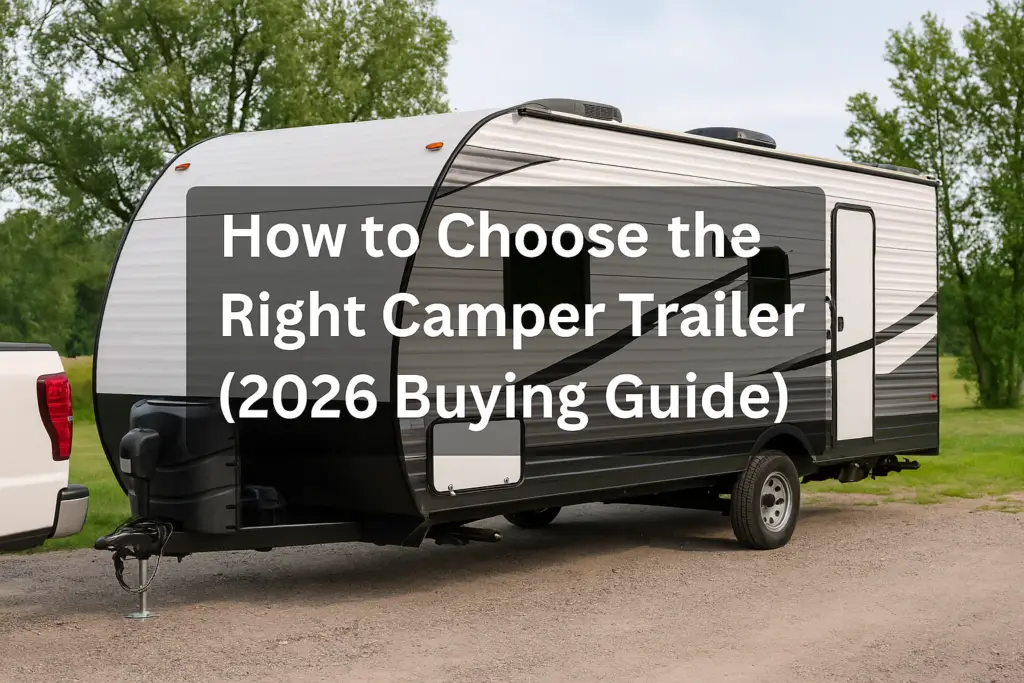RV Converter: The Ultimate Guide
An RV converter is an appliance that is onboard RVs. RV converters perform tasks like decreasing the voltage of a battery so that it does not overheat or overcharge, causing battery failure.
If you do not have an RV converter on board, the chances are that the battery might die out, causing a power outage in the whole RV, and you might not get to power your devices for the entire trip. In this article, we will try to teach you more about RV converters by answering some of the most common questions about the appliances and lack thereof.
How much does it cost to replace an RV converter?
When an RV converter goes bad, you need to replace it; there are different platforms you can use to purchase another one, and the prices also vary. You can get a standard converter from Amazon for $165 and also get free shipping on the appliance. It all depends on the type of converter, and where you get it from, the price will also depend on the features.
Video Overview: How to replace a converter in a travel trailer.
What happens when the RV converter goes bad?
As mentioned above, an RV converter is a secondary source of power in an RV; without it, the vehicle’s battery will be used as the source of energy, this happens when the RV converter goes bad. When the cells are used, they will quickly drain, meaning that the RV will lack the power to sustain itself and all appliances attached to it. An RV converter is used instead of the batteries because it has a longer life span and can handle large volts of electricity that are difficult for in house batteries. Simply put, a lousy RV converter will have you and your family in darkness in the RV.
> You may also like:45 RV Accessory Must-Haves for Your Travel Trailer<<
Should I disconnect my RV battery when plugged in?
The simple answer is yes; you should disconnect your RV battery. However, you should note that switching off your RV battery will take longer for the battery to disconnect completely than leaving it on and not using it. Although changing it off takes longer for the battery to fully disconnect, it is the best option because this increases the battery life. The battery is not hurried; therefore, it is in excellent condition throughout its life span. An RV user is advised to disconnect their battery this way when they are not using the RV, especially when it is parked at home and not in use to increase battery life.
Should I leave my RV inverter on all the time?
When you have the inverter on, your RV will never run out of power. Even if the source you are using to charge the batteries goes off, the inverter will still power the whole RV until the time it runs out of energy to sustain the RV. Again to help the cells have a long life, you need to have an automatic onboard switch that will turn off immediately; the battery gets low. At this point, it cannot power the RV and charges and automatically turns itself on again when full and safe to operate.
> You may also like:Worst 5th Wheel Brands to Avoid <<
Can I run my RV without a battery?
The answer to this question is yes and no. Yes, because the RV can rely on the converter and inverter for a power source and no because the converter cannot perform well without the primary batteries. Mostly, the converter is used to convert the 120 volts of AC power to 12 volts of DC power. Without the cells, the converter will be running by itself of 12 volts of DC power, and when it runs out, there is no substitute source meaning there will not be power in the RV until the converter charges again. When the converter runs alone, it is more likely to run out of control quicker than when used with the in house batteries.
Video Overview: Powermax converter Install in an RV
Why is my RV battery draining so fast?
There are different reasons why your battery life is draining fast. One of the reasons is when you charge your battery for too long. Overcharging decreases battery life, therefore causing the battery to drain more quickly. To control overcharging, you need to have an automatic switch, which will turn off when the battery is fully charged and turn on when the battery needs charging, usually when it is below 10% of charge. Another factor has too many charging devices at once, some of these devices are parasitic and will drain out the battery, and they do not charge well.
Does RV battery charge driving?
Yes, the RV battery charges when you are driving. The automatic switch will turn off when the battery is full and on again when the battery is critically low. The battery will power small appliances when you are driving and can charge your phones and other devices without damaging your power source.
Video Overview: How To: Upgrade to a Smart RV Converter Charger
> You may also like: Least-Visited National Parks: Why They’re Worth a Look<<



